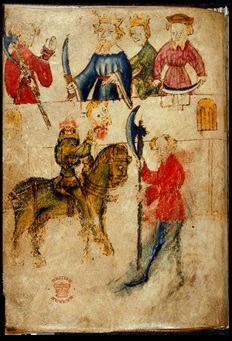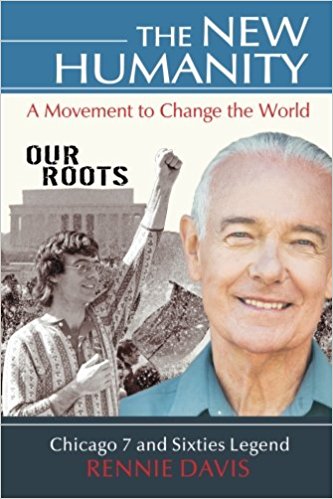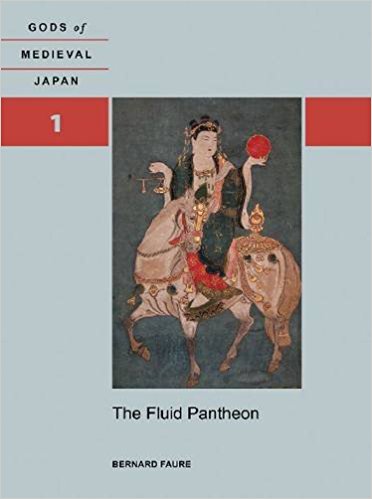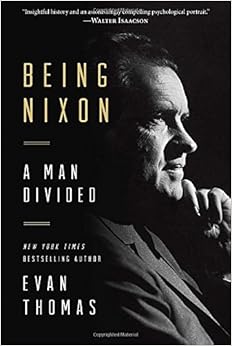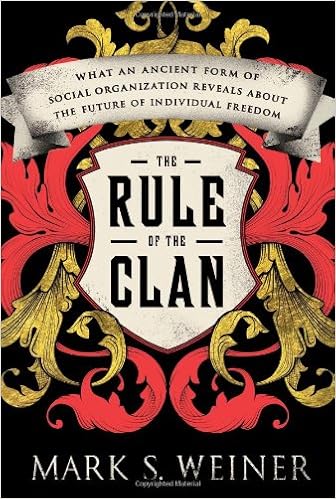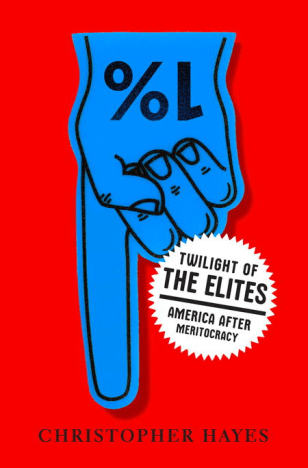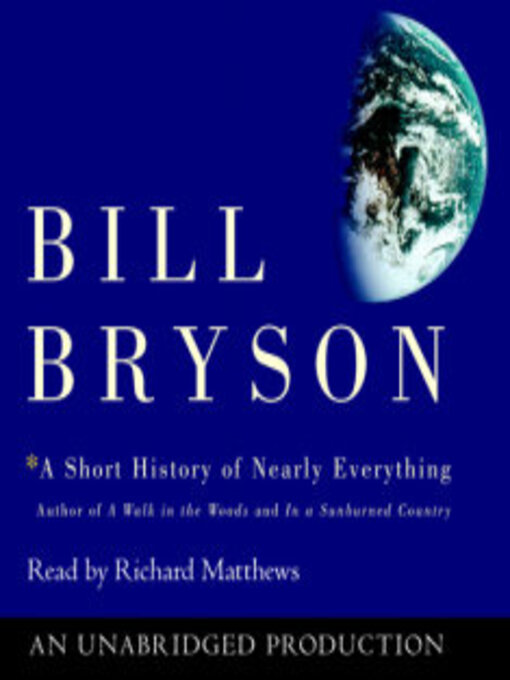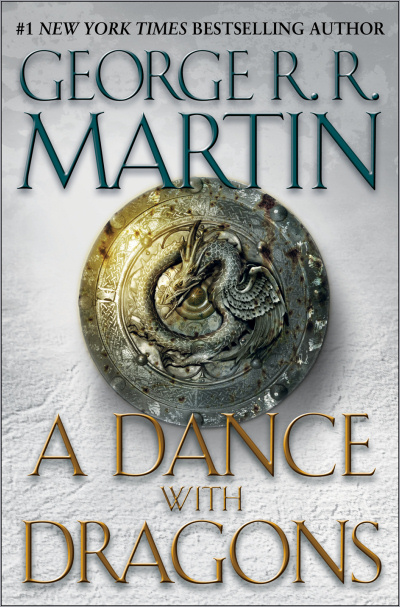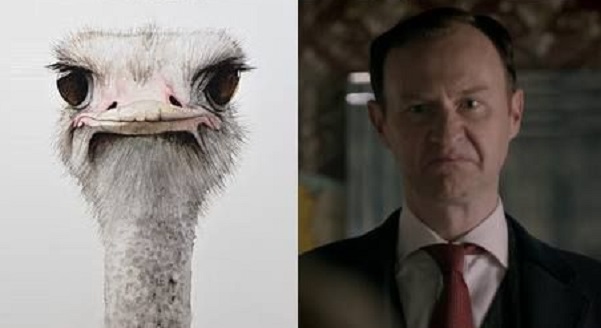Book Review: Dominion, by Tom Holland
Sunday, August 2nd, 2020[ intro only by Charles Cameron — I’m delighted to welcome blog-friend Dr Omar Ali, who here reviews Tom Holland‘s book, Dominion — no, it’s not about Rushdoony-style Dominionism. This review was originally posted in our companion blog, Brownpundits !
.
Dominion: How the Christian Revolution Remade the World
Tom Holland
Basic Books
ISBN-13: 978-0465093502
$22.97 at Amazon
Brownpundits / Zenpundit Review by Dr Omar Ali
^^
Tom Holland started off writing vampire novels but moved on to non-fiction and has since written an excellent history of the Persian invasion of Greece, several books about the Romans, one about Islam and one about the slow rise of Christian Europe that started around 1000 AD; in retrospect at least, all his non-fiction books have had a hint of Christian Western European apologetics (some of it is probably well deserved reaction to the excesses of contemporary wokeness) but this book makes it explicit. Dominion is well written and well researched and he does make a lot of effort to include the nasty bits of Christian history, but in the end it IS a work of Christian apologetics, albeit from a modern liberal angle. Tom Holland’s basic thesis is that almost the entire set of “humanist” values modern liberals take for granted (universal human equality and dignity, separation of church and state, care for the weaker sections of society, suspicion of power, privilege and wealth, condemnation of slavery, cruelty and oppression, valorization of the weak and downtrodden, etc) is purely Christian in origin. No other civilization or culture had these values (or at least, foregrounded them in quite the same way as Christianity). For example, while some thinkers have always been unhappy with slavery, the abolition of slavery was a Christian effort through and through. True, the slave owners had their own Biblical justification for slavery, but those who opposed them did so on the basis of their Christian beliefs, and they won the argument.
Holland also insists that the most viciously anti-Christian progressive thinkers of the post-enlightenment era also turn out be using Christian values to attack Christianity. When Marx cries out against the oppression of the proletariat or Lennon sings “all you need is love”, they are really being more Christian than most Christians. Since Nietszche thought something similar (that liberalism is “Christianity without Christ”), he gets a lot of positive play in this book, which is a bit ironic, since he also regarded Christianity as something of a disease.
As expected, the book is well written and stylish, sometimes with too much style; I am not picky about such things but some readers may tire of all his little reveals (a new character is discussed without being named for a few lines, giving readers the opportunity to guess who he or she is, then revealed; this is done in practically every chapter). He has done his research and as far as I could tell, there were no glaring errors of fact. But while he is scrupulous about his facts, he is not shy of cherry picking and framing to fit his thesis. Nero is a pagan monster who killed his own wife and mother; Constantine, the first Christian emperor, also viciously killed his wife and son, but that does not reflect badly on Christianity. Terrible and cruel punishments in pagan Rome are a sign of paganism’s shorcomings, but terrible and cruel punishments inflicted by inquisitors and priests (and described in horrifying detail in this book) are not Christian shorcomings (the thought is that eventually Christian Europe gave them up; why they were given up in a time of anti-clerical and even anti-Christian upheaval and not when the Church was at its mightiest, is assigned to Christian values taking 1800 years to make their mark, and then doing so surreptitiously). By the time the book gets to the modern world the thesis really begins to look like one of those Hindutvvadi posts about how everything was invented in India; no matter what any activists themselves may say, Tom Holland knows their beliefs and motivations are entirely Christian. This is probably partly true, but leaves open the question of where Christianity itself comes from. Unless one believes the Son of God thing, the explanation is likely to be that some mix of human nature and human history created Christianity, just at it created every other ideology. So why stop at Paul (or Christ if you prefer)? Everythying in this world seems to be derived from some combination of earlier things, why not Christianity? And why believe that the same results would not have arisen (somewhere, at some point) even if there had never been a Christ or a Paul? Maybe those impulses are also human universals, and can and do arise repeatedly, not just as an episode in the history of Jewish superstition? And of course there is always the possibility that some of this progress is not really progress at all, but a mistake. Especially with the “woke”, it is by no means universally agreed that they are a good thing, so crediting all of their values to Christ may not be a winning move for Christianity.
Anyway, I don’t find his thesis completely wrong; the tension between certain Christian values and various vicious aspects of Christian society is real and those values did lead some Christians to take up the cause of diverse oppressed groups, most spectacularly and successfully, against slavery. Economic explanations of why the British empire not only abolished slavery but expended diplomatic capital, real money and military might to stop the trade of slaves by others, are not sufficient, and are an insult to the memory of countless Quakers and other good Christians who made it their life’s work to fight the good fight and succeeded to the point that no modern society regards slavery as an acceptable institution anymore. But Holland insists that Christianity is the ONLY source of most of our modern liberal notions, which seems a bit of a strech. It is also not a unique claim. In fact, there are books written about how the Jews created modern rights, or Islam did, or for that matter, the Native Americans did; and of course Sufis take TomHollandism to another level, with a secret brotherhood using everyone from Abraham and Moses to Ghazali and Rumi to insert progressive ideas into human culture. But the most glaring omission in this book is the “Eastern Religions”; the entire book start and ends in the Middle East and Western Europe (Eastern Christianity gets no love either) and the ideas of India and China are dismissed practically without examination. Mahavir, Buddha, the authors of the Upanishads, the philosophers and thinkers of China, none find any mention in this book or get any credit for any human advance. On the other hand, the Christian West did have a disproportionate role in creating the modern world (for better and for worse), so he does have a case, but maybe not as strong a case as advertised.
But irrespective of what you think of his basic thesis, the book is still a great read. Tom Holland writes well, reads widely and has an eye for fascinating anecdotes that every reader can enjoy even if he or she does not agree with the underlying thesis. In fact, if you do NOT agree with this thesis you should especially read the book to see how well your preferred theory stands up against a well written Christian version. If he is wrong, why is he wrong? Trying to answer that question should be a fruitful exercise for anyone. Well worth reading.
QUOTES
“It is the audacity of it—the audacity of finding in a twisted and defeated corpse the glory of the creator of the universe—that serves to explain, more surely than anything else, the sheer strangeness of Christianity, and of the civilization to which it gave birth. Today, the power of this strangeness remains as alive as it has ever been. It is manifest in the great surge of conversions that has swept Africa and Asia over the past century; in the conviction of millions upon millions that the breath of the Spirit, like a living fire, still blows upon the world; and, in Europe and North America, in the assumptions of many more millions who would never think to describe themselves as Christian. All are heirs to the same revolution: a revolution that has, at its molten heart, the image of a god dead on a cross.”
“In a city famed for its wealth, Paul proclaimed that it was the ‘low and despised in the world, mere nothings, who ranked first. Among a people who had always celebrated the agon, the contest to be the best, he announced that God had chosen the foolish to shame the wise, and the weak to shame the strong. In a world that took for granted the hierarchy of human chattels and their owners, he insisted that the distinctions between slave and free, now that Christ himself had suffered the death of a slave, were of no more account than those between Greek and Jew.”



